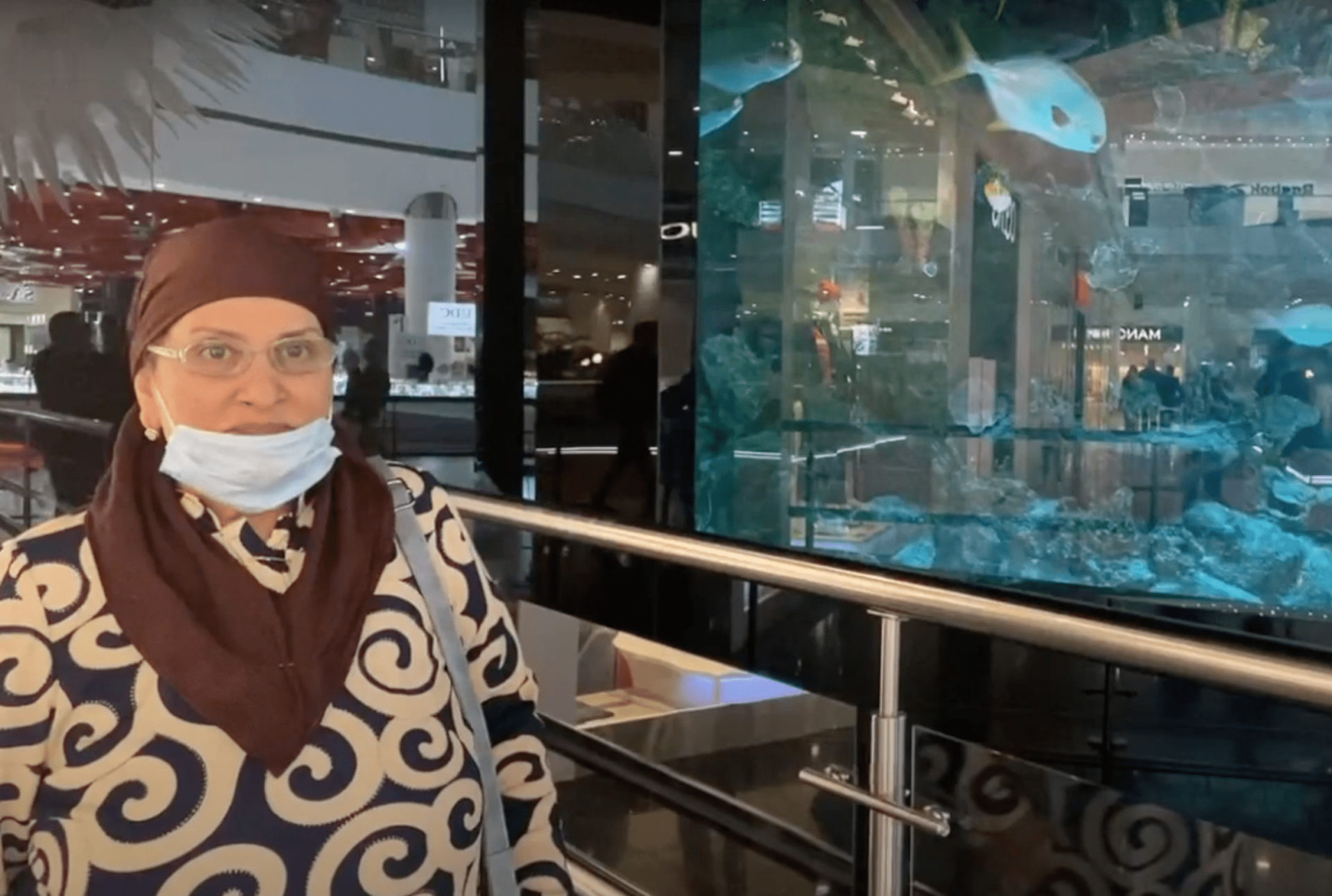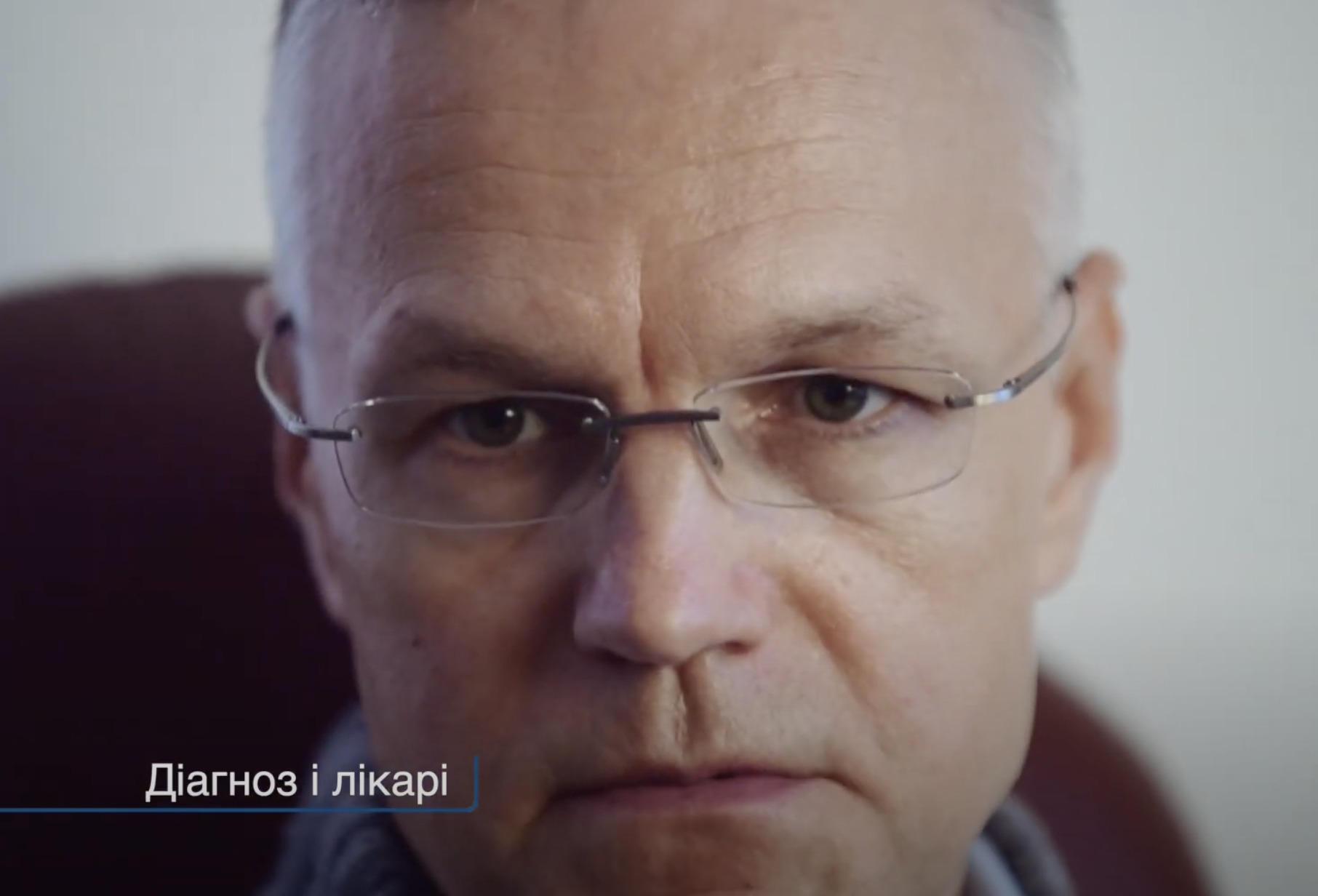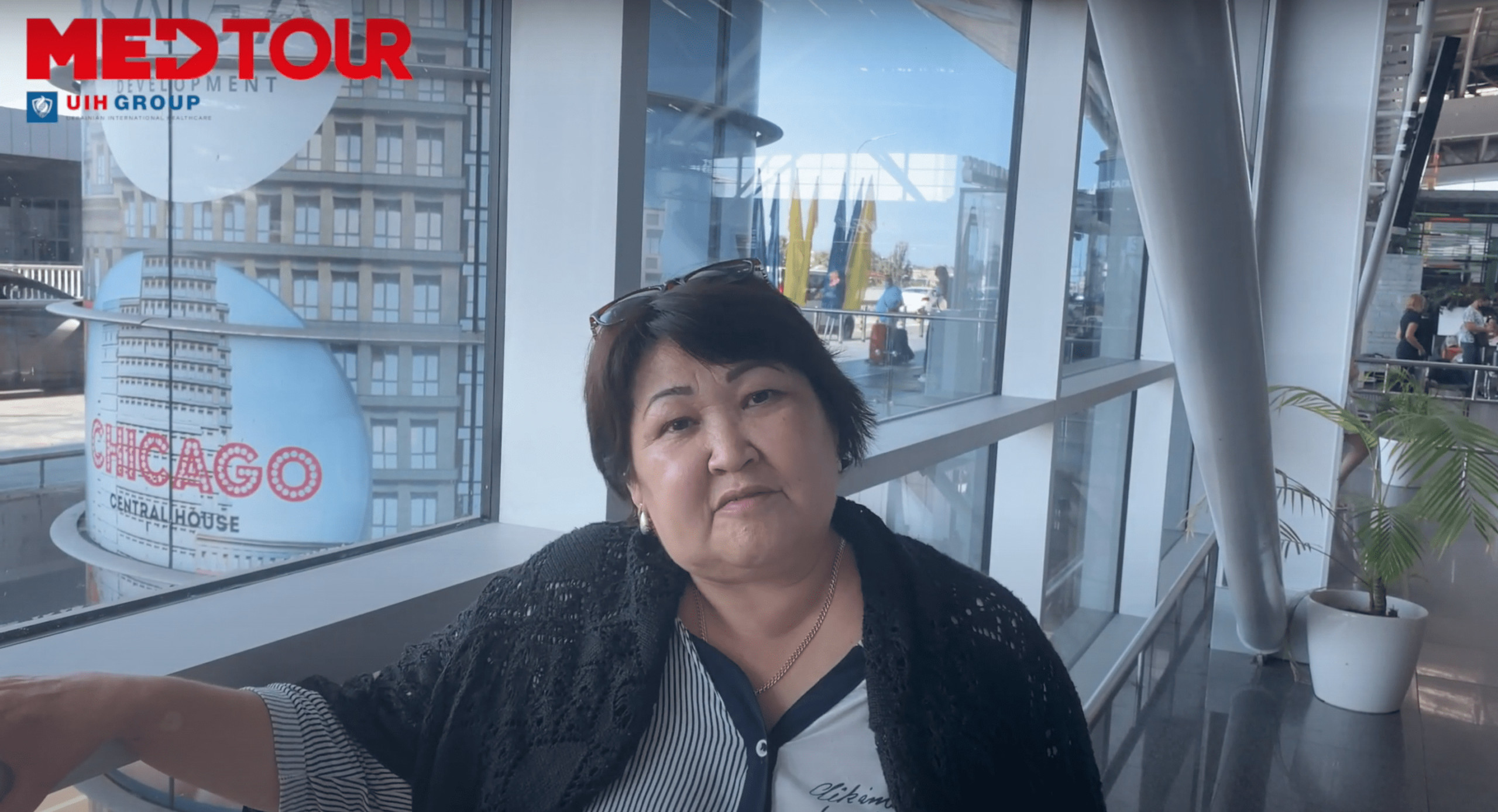-
 News
Computed tomography triggers up to 5% of cancers
News
Computed tomography triggers up to 5% of cancers
-
 News
Medications for cerebral palsy in adults may not meet actual needs
News
Medications for cerebral palsy in adults may not meet actual needs
-
 News
Stem cell therapy can safely and effectively treat Parkinson’s disease
News
Stem cell therapy can safely and effectively treat Parkinson’s disease
-
 News
Researchers have created a pharmaceutical cocktail to fight enteroviruses
News
Researchers have created a pharmaceutical cocktail to fight enteroviruses
-
 News
A new link between body fat and anxiety has been identified
News
A new link between body fat and anxiety has been identified
All news
Kidney cyst treatment
A kidney cyst is a fluid-filled formation of connective tissue that is located in the kidney tissue. The cyst can be single or multiple. Although the formation can be multiple, as a rule, there is a single kidney cyst up to 10 mm in size. Most often, it is located on the upper or lower pole of the kidney.
MedTour patients recommend clinics for the treatment of kidney cyst:
Doctors for the treatment of kidney cyst
Frequently Asked Questions
The exact causes of kidney cysts are unknown, but there are factors that increase the risk of developing kidney cysts:
- Kidney injuries,
- Hypertension,
- Kidney cyst in relatives,
- Inflammatory kidney diseases,
- Oncological diseases,
- Urolithiasis,
- Tuberculosis of the kidneys,
- Diabetes mellitus,
- Anomalies of the kidney structure
Also, the probability of developing a kidney cyst increases with age.
Almost all cysts are benign, but sometimes there are cysts with signs of malignancy or cancer in the cyst. In order to assess the degree of danger of the cyst, the Bosniak criteria are used:
Category I
Simple benign kidney cysts that are clearly visualized by ultrasound, CT, or MRI.
They look like a liquid surrounded by a wall. The cyst wall is not thickened and has the same thickness throughout.
Category II
Have some changes. They have septa and / or calcium deposits. The cyst wall still remains without thickening. No more than 3 cm.
IIF category
Benign cysts, the size of which is more than 3 cm. They contain several partitions and calcium deposits in the form of clusters and nodules. When X-ray examinations do not accumulate contrast.
Category III
Relatively benign formations. There are indistinct contours, thickened partitions, and heterogeneous areas of calcium deposition. There is also a thickening of the wall in certain intervals. Most often, they require a biopsy.
Category IV
The formations have an uneven and even bumpy contour, an uneven wall, and increased blood flow. In X-ray studies, contrast is accumulated. Such formations are most often malignant.
It can pass in children. But in most cases, kidney cysts do not pass on their own, but, on the contrary, grow at an average growth rate of 1.5 mm per year. Therefore, you should not neglect medical examinations.
- Acute urinary retention,
- Pyelonephritis,
- Kidney hemorrhage,
- Suppuration of the cyst
- The presence of a da Vinci robot, on which you can perform the removal of a kidney cyst through an incision up to 2 cm. After such an operation, you can leave the clinic on the same day, there is no pain and no need to change your usual lifestyle.
- Attentiveness to histological examination. In foreign clinics, in contrast to domestic ones, there are clearly observed protocols for histological examination of surgical material. Accordingly, the patient can be sure that he really removed the kidney cyst, and not a malignant formation, and removed radically, that is, did not leave the walls of the cyst in the body, and it will not give a relapse.
- Relatively low cost of treatment. Treatment abroad is usually more expensive than treatment at home, but since cyst removal operations are simple, it is affordable for many patients.
What are the symptoms of a kidney cyst
- Most often, a kidney cyst does not manifest itself in any way and is detected during an ultrasound for another reason,
- Less often, but also quite common pain, especially when walking, playing sports and a sharp change in the position of the body,
- Urinary disorders-sometimes a kidney cyst can squeeze the ureters and then there is frequent urination, pain when urinating, and sometimes acute urinary retention,
- The latter can occur in polycystic kidney disease,
Cystitis and pyelonephritis. This is an inflammation of the bladder or kidney,which also occurs due to the compression of the urinary ducts by a cyst and the resulting congestion, - A formation in the projection of the kidney that can be felt,
- In rare cases, symptoms of a kidney cyst may include increased blood pressure and kidney failure
What is the diagnosis of kidney cysts?
- Diagnosis of a kidney cyst is relatively simple — most often, ultrasound is enough for this,
- If the kidney cyst needs to be removed, a CT scan with or without intravenous contrast may be prescribed before surgery,
- Sometimes, if the cyst has led to urinary disorders, scintigraphy is used to assess kidney function — an X-ray examination that shows the speed and completeness of the passage of contrast through the kidneys and urinary tract
What is the treatment of kidney cysts?
- Most asymptomatic kidney cysts can be left untreated with periodic ultrasound monitoring once a year or less. The determining criteria are the size of the cyst and its location.
- Puncture of the cyst. It is performed with a small cyst size and with its shallow location. In this case, the contents of the cyst are taken by a special manipulator for biopsies and sent for cytological examination. The procedure of cyst puncture is simple and fast, does not require painkillers and hospitalization, but does not exclude the possibility of cyst recurrence.
- Laparoscopic surgery. It is performed most often. The operation is performed after 3 or, in the case of foreign clinics, 1 incision of 0.2-0.5 mm, hospitalization is up to 1 day. No dietary or lifestyle restrictions are required.
Published:
Updated:


Information on this webpage verified by the medical expert








